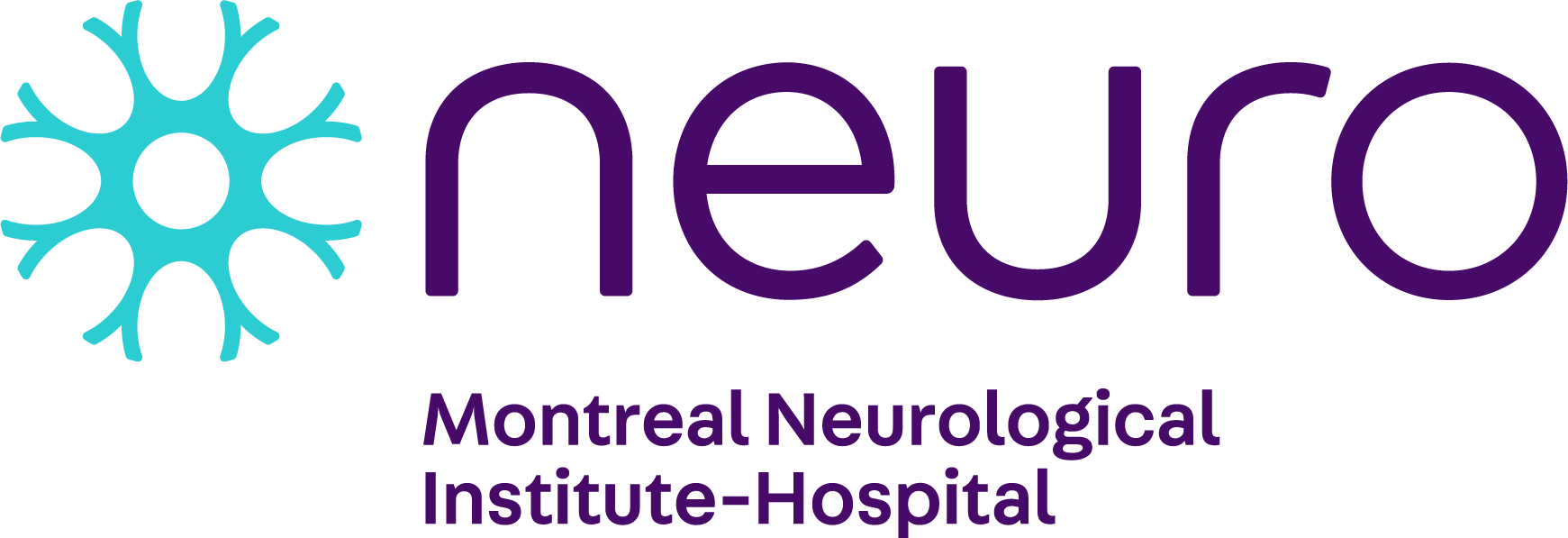Feindel Virtual Brain and Mind Lecture Series: Emotions are constructed of more basic networks
Kristen A. Lindquist presents: Emotions are constructed of more basic networks
Registration available .
Speaker: Kristen A. Lindquist, PhD
Associate Professor, Department of Psychology and Neuroscience, University of North Carolina at Chapel Hill, USA
┤í▓˙▓§│┘░¨▓╣│Ž│┘:╠řIt has long been assumed that certain ÔÇťbasicÔÇŁ emotions emerge from anatomically ingrained circuits. Yet growing research suggests that emotions emerge from more basic networks that comprise the brainÔÇÖs basic functional architecture. In this talk, IÔÇÖll discuss evidence that human emotional experiences are associated with the co-activation of broadscale networks subserving psychological functions that are not specific to emotion.
Bio: Kristen Lindquist, Ph.D., is an Associate Professor in the at the University of North Carolina, Chapel Hill where she is a faculty member in the graduate program, the graduate program, and a member of the . She is also faculty at the and the in the School of Medicine. She directs the , a group of interdisciplinary scientists who use the tools of social cognition, physiology, and neuroscience to understand how people experience emotions in their own bodies, see them in others, and how these processes contribute to social behavior, well-being, and health across the lifespan.
Kristen received her B.A. in Psychology and English from Boston College in 2004, her Ph.D. in Psychology from Boston College in 2010, and she was a Harvard University Mind/Brain/Behavior Initiative postdoctoral fellow from 2010-2012, during which she was affiliated with the Department of Psychology at Harvard University, the Department of Neurology at Harvard Medical School, and the Martinos Center for Biomedical Imaging at the Massachusetts General Hospital.
The Feindel Virtual Brain and Mind (VBM) Seminar Series will advance the vision of Dr. William Feindel (1918ÔÇô2014), Former Director of the Neuro (1972ÔÇô1984), to constantly bridge the clinical and research realms. The talks will highlight the latest advances and discoveries in neuropsychology, cognitive neuroscience, and neuroimaging.
Speakers will include scientists from across The Neuro, as well as colleagues and collaborators locally and from around the world. The series is intended to provide a virtual forum for scientists and trainees to continue to foster interdisciplinary exchanges on the mechanisms, diagnosis and treatment of brain and cognitive disorders.




